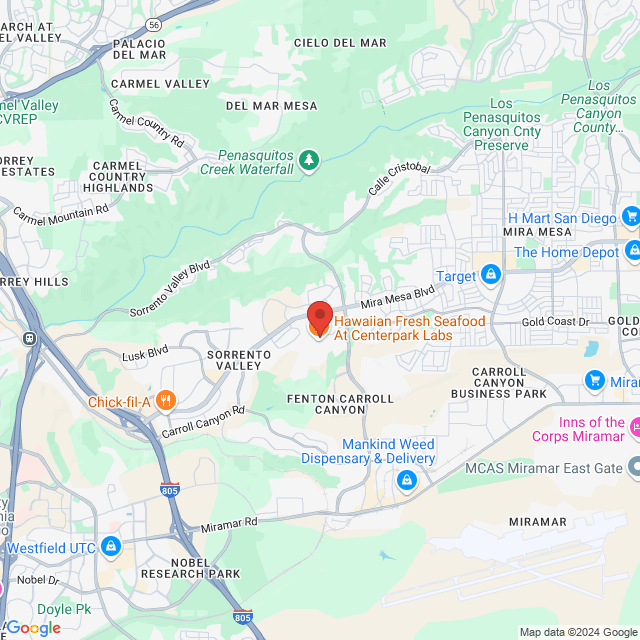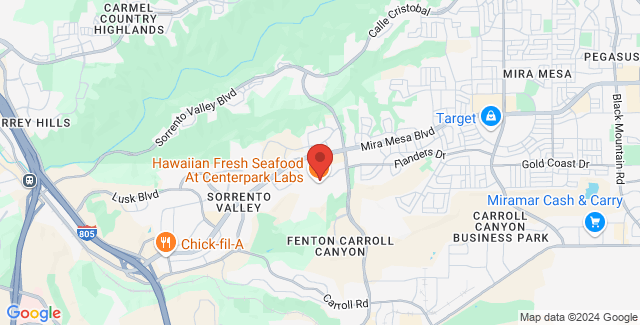Maritime Law
Maritime law, also known as admiralty law, refers to the set of laws governing shipping and navigation.

Maritime law covers the following:
- Towage accidents involving towing freighters and other large ships traveling to and from docks
- Piers and wharf accidents
- Dock accidents
- Canal accidents
- Recreational boating accidents
- Accidents involving seamen: Workers injured while on a ship, dock, pier, etc., are protected by the Jones Act (see below). In addition, seamen who commit crimes while on a ship are subject to maritime law.
- Piracy (ship hijacking)
- Shipyard accidents (historically, the shipyard industry has had the highest rate of on-the-job injuries)
- Offshore drilling accidents
- Shipping accidents
Offshore Drilling
Offshore drilling accidents can have a profound effect on the marine environment. Drilling accidents typically involve a blowout of oil or gas. The two main types of drilling accidents are:
- Catastrophic blowouts: These occur during exploratory drilling and involve prolonged release of gas or oil into the marine environment.
- Regular blowouts: These occur during routine drilling and involve a release of gas or liquid that can be stopped in a matter of hours or days. Although not as immediately threatening as catastrophic blowouts, regular blowouts can have a more profound effect on the environment due to the frequency with which they occur.
Shipping Accidents
Shipping accidents can cause serious injury and spillage of toxic chemicals, waste, oil, and other hazardous materials into the ocean and other bodies of water. Causes of shipping accidents include:
- Collisions with other vessels
- Fires
- Explosion
- Running aground (including running into a reef)
Recreational Boating
Recreational boaters are also subject to maritime law. If a boating accident occurs, the operator of the vessel is required to file a report when:
- An injury occurs that is not treatable by first aid
- Lives are lost
- Damage occurs to the vessel or by the vessel
- Someone disappears and death or injury is suspected
Common types of boating accidents include:
- Collision
- Flooding or sinking
- Capsizing
- Falls overboard
- Fire
- Explosion
- Disappearance of a person or crew member
The Jones Act
The Jones Act is a maritime law that protects seamen in the event that they are injured. The Jones Act allows seaman to file negligence claims against employers and gives them the right to collect damages from the owner of an at-fault vessel for injuries that occurred because the vessel was not seaworthy.
Talk to a Maritime Law Attorney
If you are interested in learning more about maritime law, you are encouraged to contact a maritime law lawyer in the ImpactLaw directory today.




